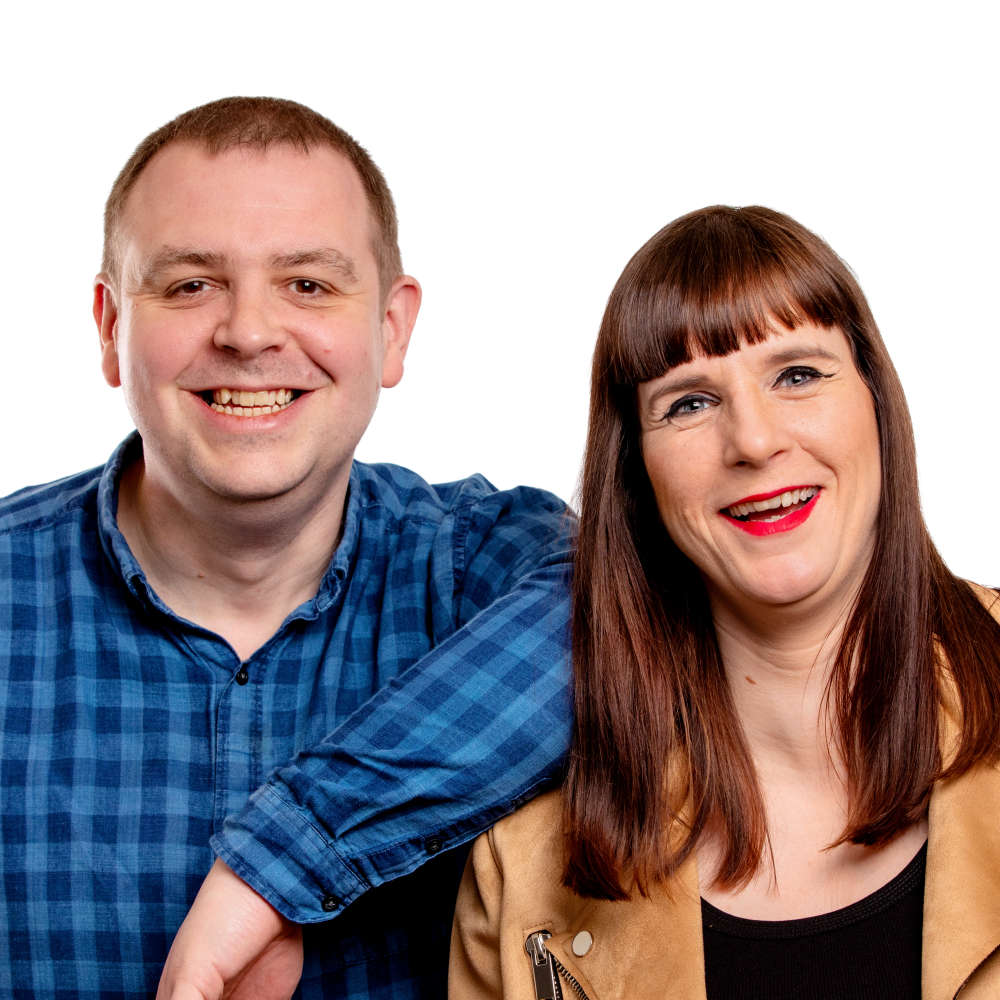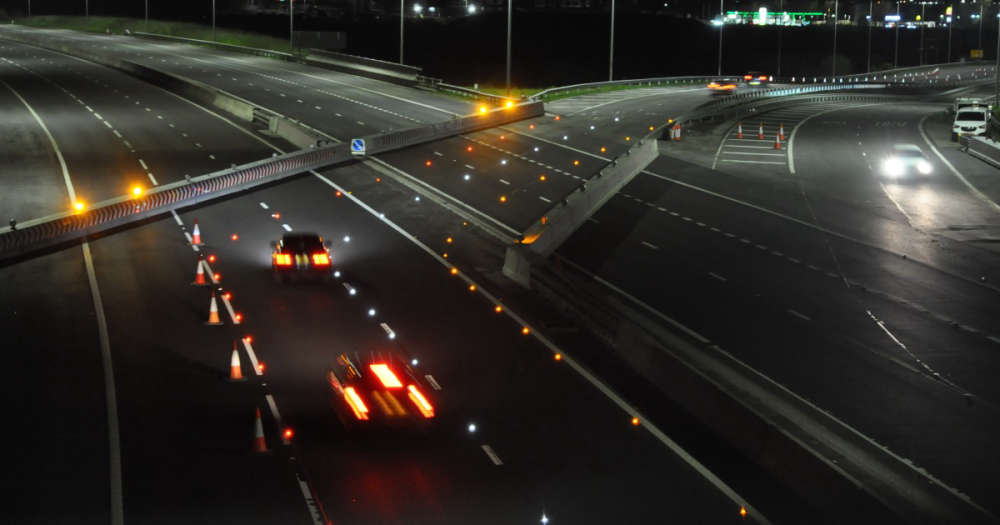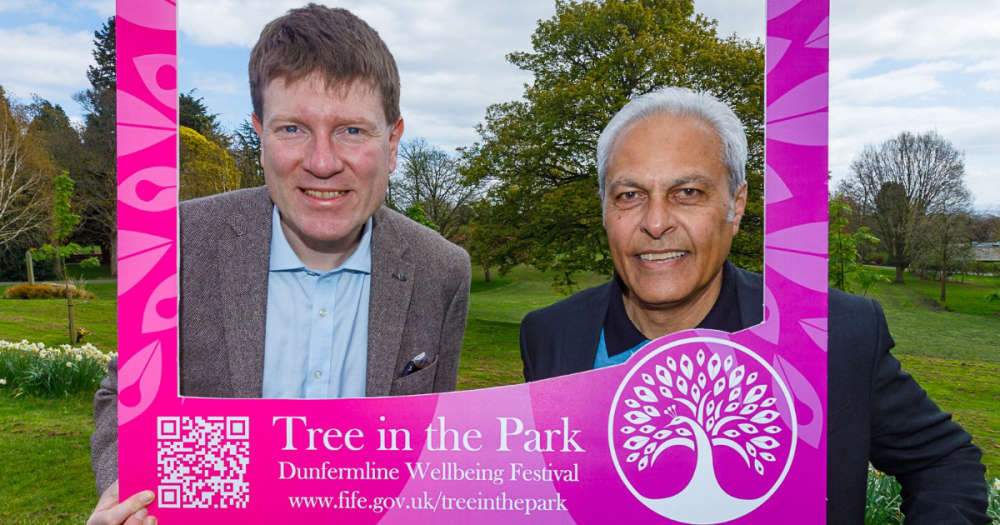
Scottish Renewables is warning thousands of households could stop going green.
The Department of Energy and Climate Change is expected to cut subsidies from next month. Figures show more than 51, 000 households in Fife have installed solar panels. Across Scotland, 660, 000 solar panels have been installed.
Around 42,000 solar schemes (equivalent to around 660,000 250W solar panels), 2,557 small wind projects, 204 hydro-electric schemes and three anaerobic digesters, which turn waste into gas, are powering Scotland’s homes, businesses and community buildings, figures from industry body Scottish Renewables and Scotland’s Rural College show.
New small renewables projects face an uncertain future, with a wholesale review of the Feed-in Tariff, thorough which they are supported, set to start in days.
Stephanie Clark, Policy Manager at Scottish Renewables, told how the Feed-in Tariff scheme already looks set to be slashed – and how an upcoming review could see huge cuts to support across all technologies, or remove support altogether.
She said: “Last month the industry heard major changes were planned for the FiT scheme – changes which would make many projects unviable.
“Today is the closing date for a consultation on the first stage of those changes, but within the next month we’re expecting further cost-cutting proposals to be announced.
“The figures released today demonstrate the extent of our love affair with small-scale renewables, but the current level of change and uncertainty is already punishing the sector.
“Without the FiT scheme thousands of homes and businesses would not have access to the affordable, clean electricity which has allowed them to stabilise their energy bills while reducing the amount of carbon emitted because of their energy use.
“Small-scale renewables can continue to thrive in the UK, but the sector urgently needs confirmation that it has the backing of the Government.”
Jamie Hepburn, the Scottish Government’s Minister for Sport, Health Improvement and Mental Health, told how the figures for Glasgow’s G40 postcode show the “positive legacy” of the Commonwealth Games.
He said: “We always intended the 2014 Commonwealth Games to be the greenest in the history of the movement.
“These figures show more small scale renewables in the G40 post code than anywhere else in Scotland, and it seems likely that the new buildings put up for the Commonwealth Games have contributed to that. This is just one of the many examples of the positive legacy of the Games.”


 Closures on A92 from TONIGHT for roadworks
Closures on A92 from TONIGHT for roadworks
 Queensferry Crossing diversion trial a success
Queensferry Crossing diversion trial a success
 ‘Tree in the Park’ festival promotes wellbeing in Dunfermline
‘Tree in the Park’ festival promotes wellbeing in Dunfermline
 11°C
11°C
 14°C
14°C